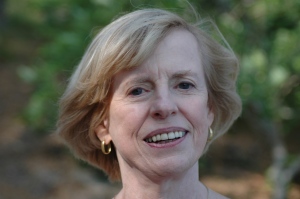
A confession: I’m about to move halfway across the country and I don’t yet have a job offer in my new state. This is something I promised myself I would never do: I was lucky enough, for the three years between college and graduate school, never to be un- (or under-) employed. If I moved somewhere new after my M.F.A., I vowed, I would do it because exciting work, an invigorating office culture, and health insurance wooed me there.
As I’ve mentioned before, I’ve always been the kind of person who hates to procrastinate—I never pulled an all-nighter in high school or college, and I start thinking about work assignments weeks ahead of time. But despite my early efforts to ward off the unemployment reaper, I’m still pressing “send” on application after application.
And yet. I’m not freaking out. Partly because, I’m happy to say, my paranoia has encouraged me to keep a shadow resume current during my time in grad school. Over at Slate, Adam Kotsko writes about the benefits of the shadow (I’ll stick you on with soap!) resume for Ph.D. students—in a job market where it’s tougher than ever to land an academic job, and applying for a position with an unrelated advanced degree can be a liability, it’s essential to keep track of the work you’ve done outside the academy (or even work that counts in both courts). This can feel like living a double life, but we already know what that feels like, right?
When my summer writing students asked me a couple weeks ago “which was more useful, majoring in English or Creative Writing,” I sighed and wished there were a “the liberal arts are essential to living a good and curious life, but you might want to learn how to code, too” pill I could give each of them. Why can’t we have both? Superman had a secret, less airborne life as Clark Kent—you, too, can be an Excel expert by day and keep your long, flash-fiction-filled nights a secret from hiring managers everywhere.



